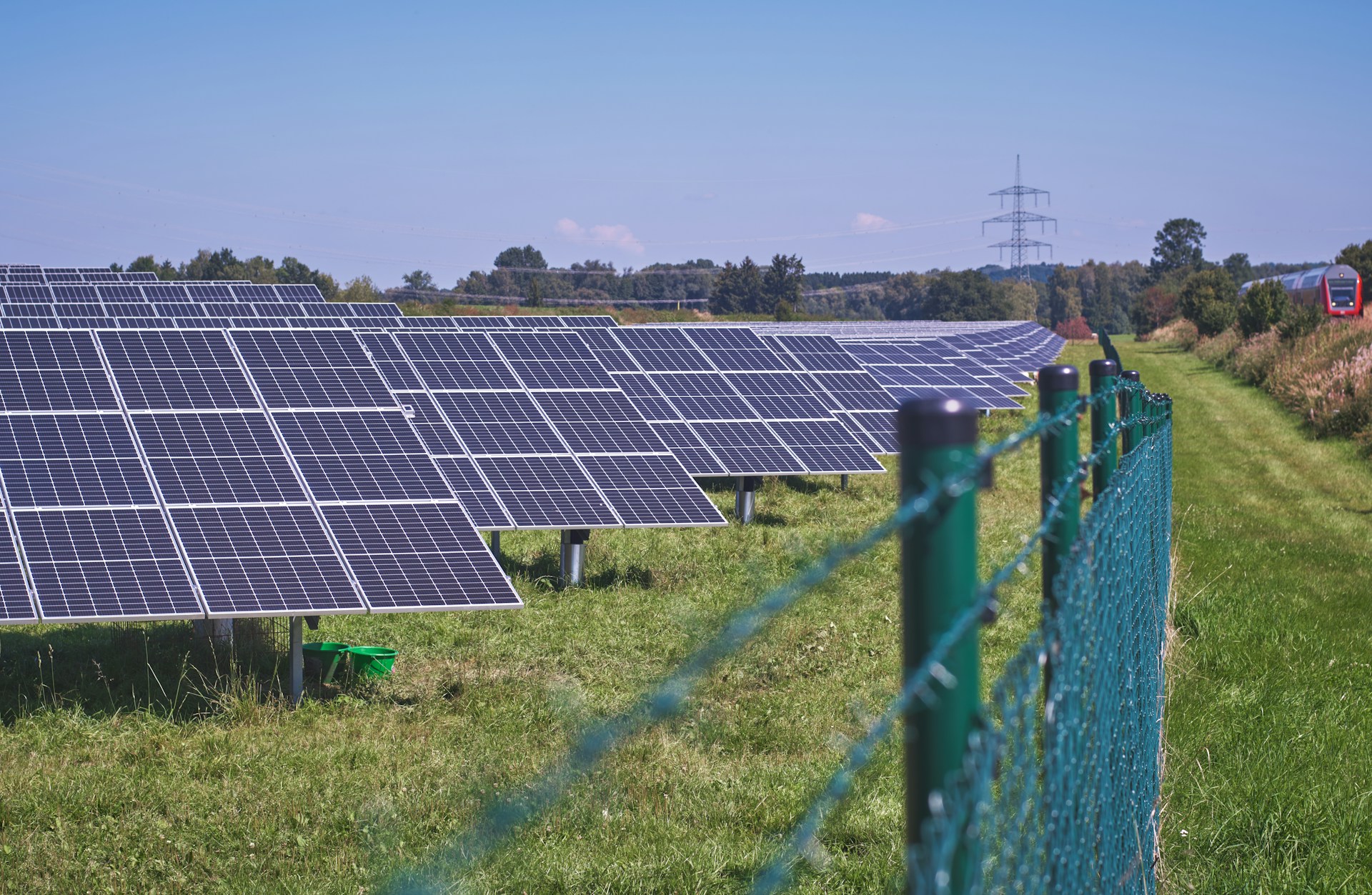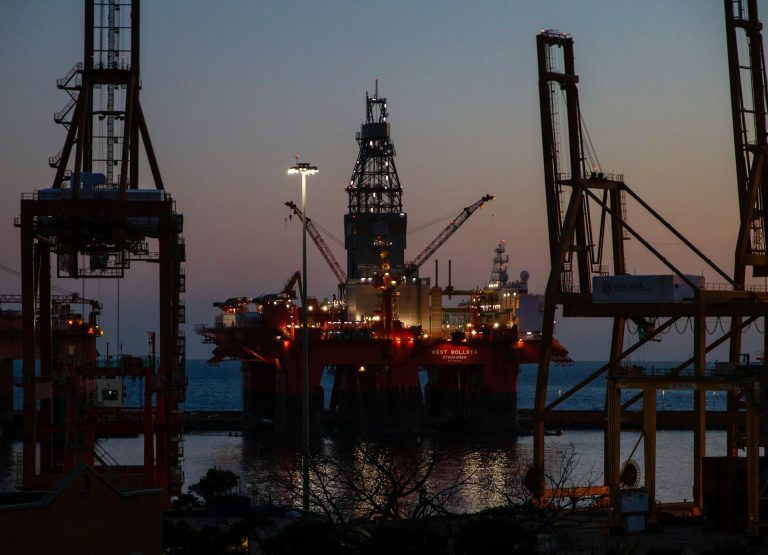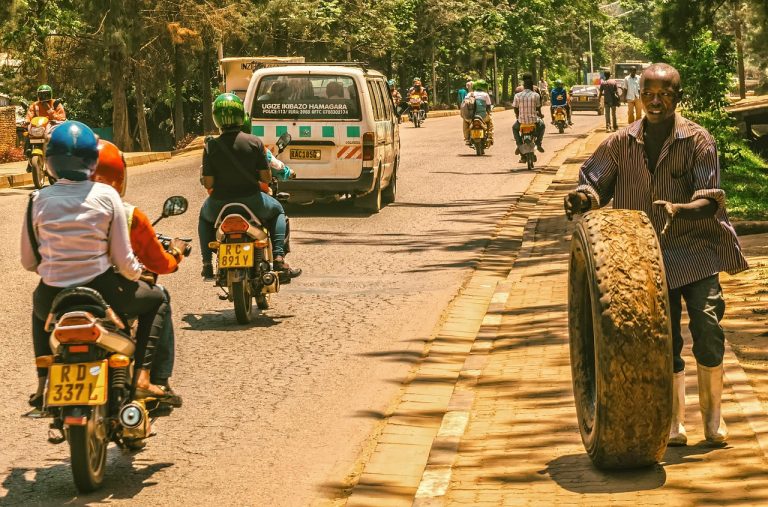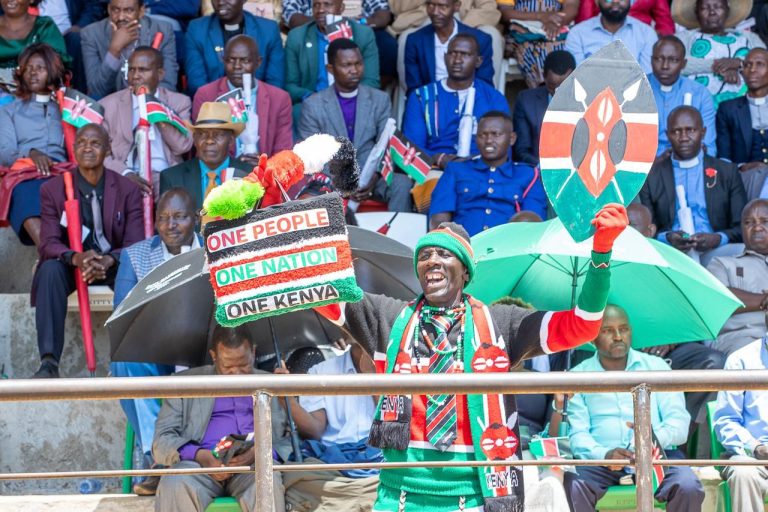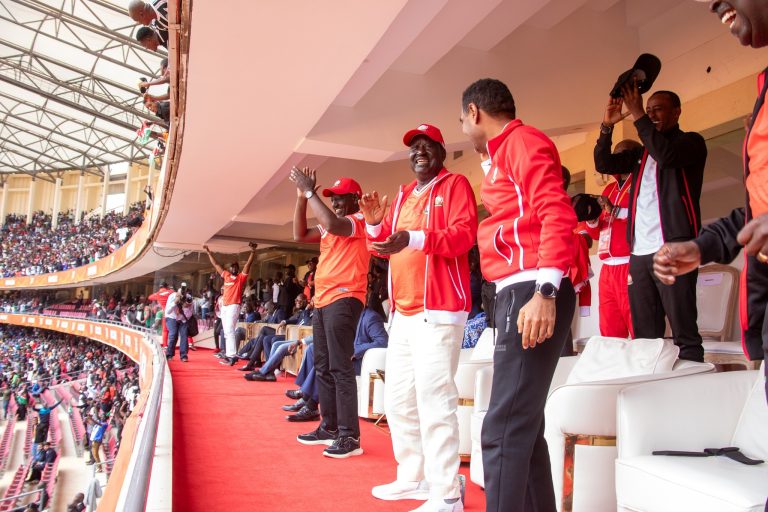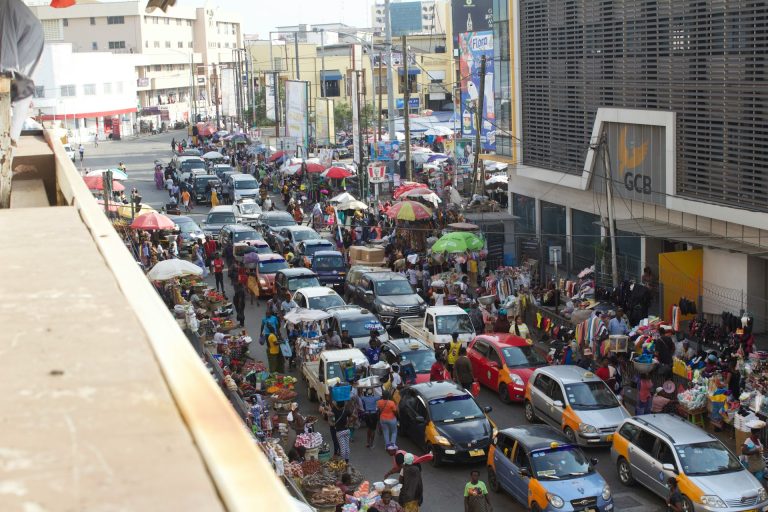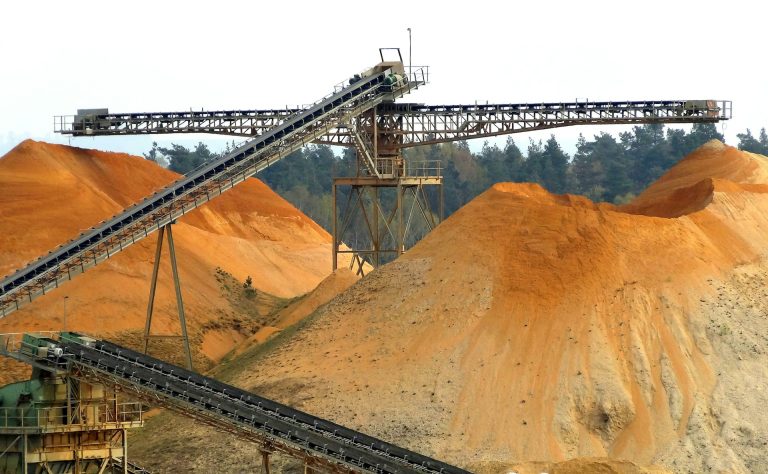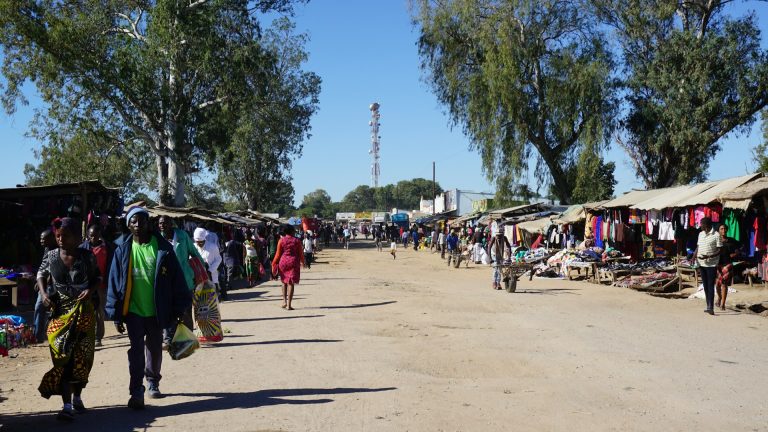- Mauritania seals $300mn solar-wind power deal with Iwa Green Energy
- Landmark private investment to boost energy transition and debt relief
NOUAKCHOTT, MAURITANIA – Mauritania has signed a $300 million deal with Iwa Green Energy to develop a 60-megawatt hybrid solar-wind power plant, marking its first independent power producer (IPP) agreement.
Expected to open in September 2026, the project will add to Mauritania’s 450 megawatts of installed capacity and help diversify its electricity supply while cutting reliance on imported fuels.
“This project with private actors demonstrates their confidence in the Mauritanian government’s commitment to diversifying the production base and providing sustainable energy sources to serve the economy,” Economy and Finance Minister Sid’Ahmed Ould Bouh said at the signing ceremony in Nouakchott.
The facility is one of the first to emerge under the Desert to Power initiative’s Independent Power Producer Joint Protocol, a regional scheme backed by the African Development Bank (AfDB) that seeks to attract private investment through standardised frameworks across 11 Sahel countries.
Energy Minister Mohamed Ould Khaled said the project’s fully private financing model would allow Mauritania to “expand supply without adding to public debt.”
AfDB’s Director of Renewable Energy, Daniel Schroth, praised Mauritania for taking “an important step in applying the Desert to Power Joint Protocol,” saying it shows the protocol’s “relevance as a tool for accelerating IPP projects in the Sahel.”
“This project will contribute to the goals of the Desert to Power Initiative and Mauritania’s Mission 300 Energy Compact,” Schroth added.
Mauritania currently has fewer than 10 percent of rural households connected to the grid, despite its vast renewable potential. President Mohamed Ould Cheikh El Ghazouani’s energy plan targets universal electricity access and 70 percent renewables by 2030.
Boosting investor confidence and fiscal stability
Analysts see the project as a signal of macroeconomic resilience and a boost to Mauritania’s appeal among investors seeking climate-aligned infrastructure in frontier markets.
“The deal marks a critical step toward Mauritania’s long-term energy independence and export ambitions,” said Dr. Amina Gaye, an energy economist at the Dakar Institute for Development.
She noted that “combining solar and wind resources in one IPP structure allows for a more stable energy output, especially in regions with fluctuating sunlight and wind speeds.”
Tunde Ogundele, Senior Energy Analyst at AfriEnergy Consult, added: “Mauritania is showing how public-private partnerships can fast-track large-scale clean energy projects. It could attract similar investments in countries like Niger, Chad, and Mali under the Desert to Power framework.”
The project could also strengthen Mauritania’s fiscal outlook by reducing dependence on costly fuel imports and subsidies, improving the current account balance, and easing pressure on public finances.
Analysts, however, caution that its benefits will materialise gradually, noting that effective implementation will be key to determining the project’s long-term impact on secondary market performance and sovereign debt spreads.
